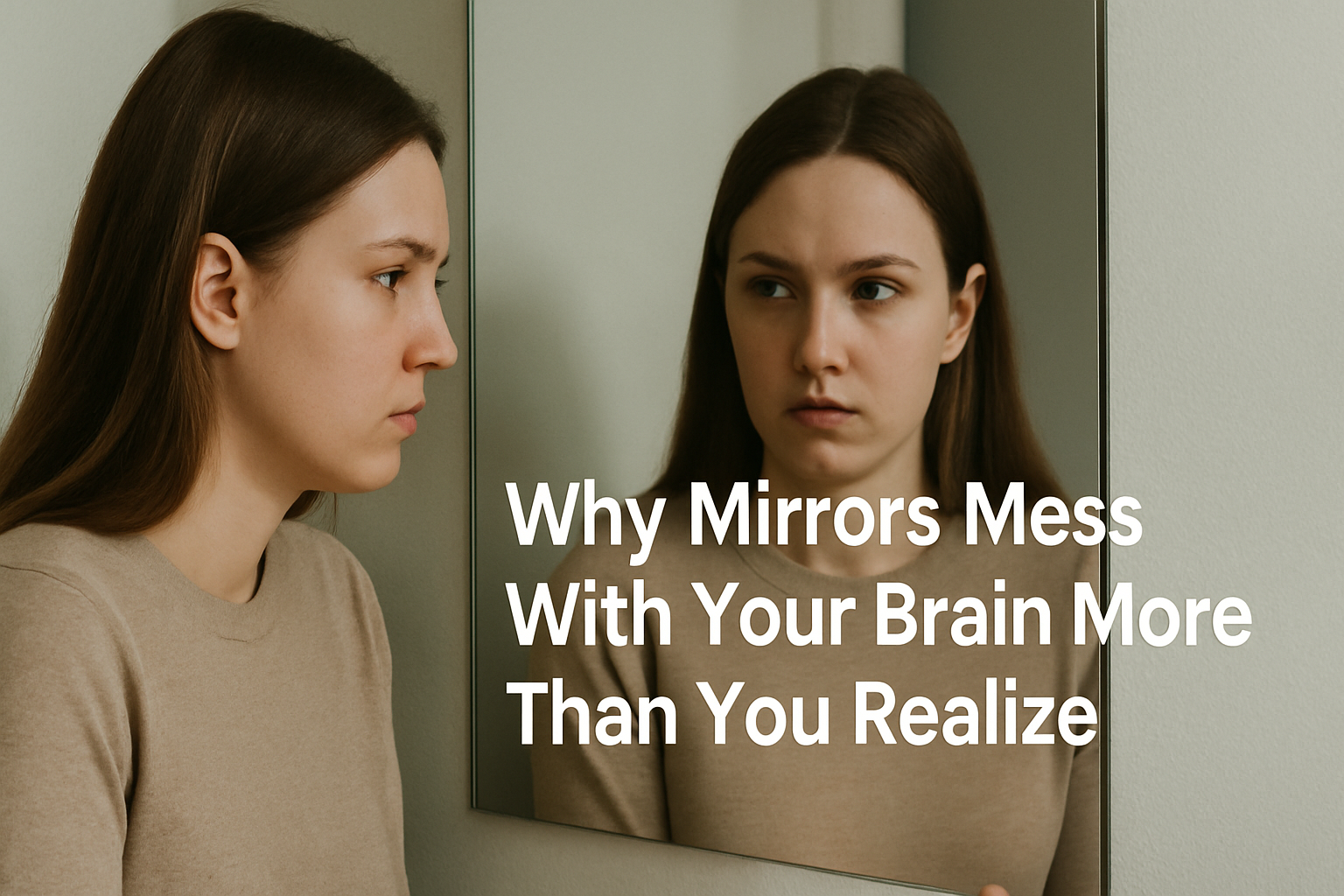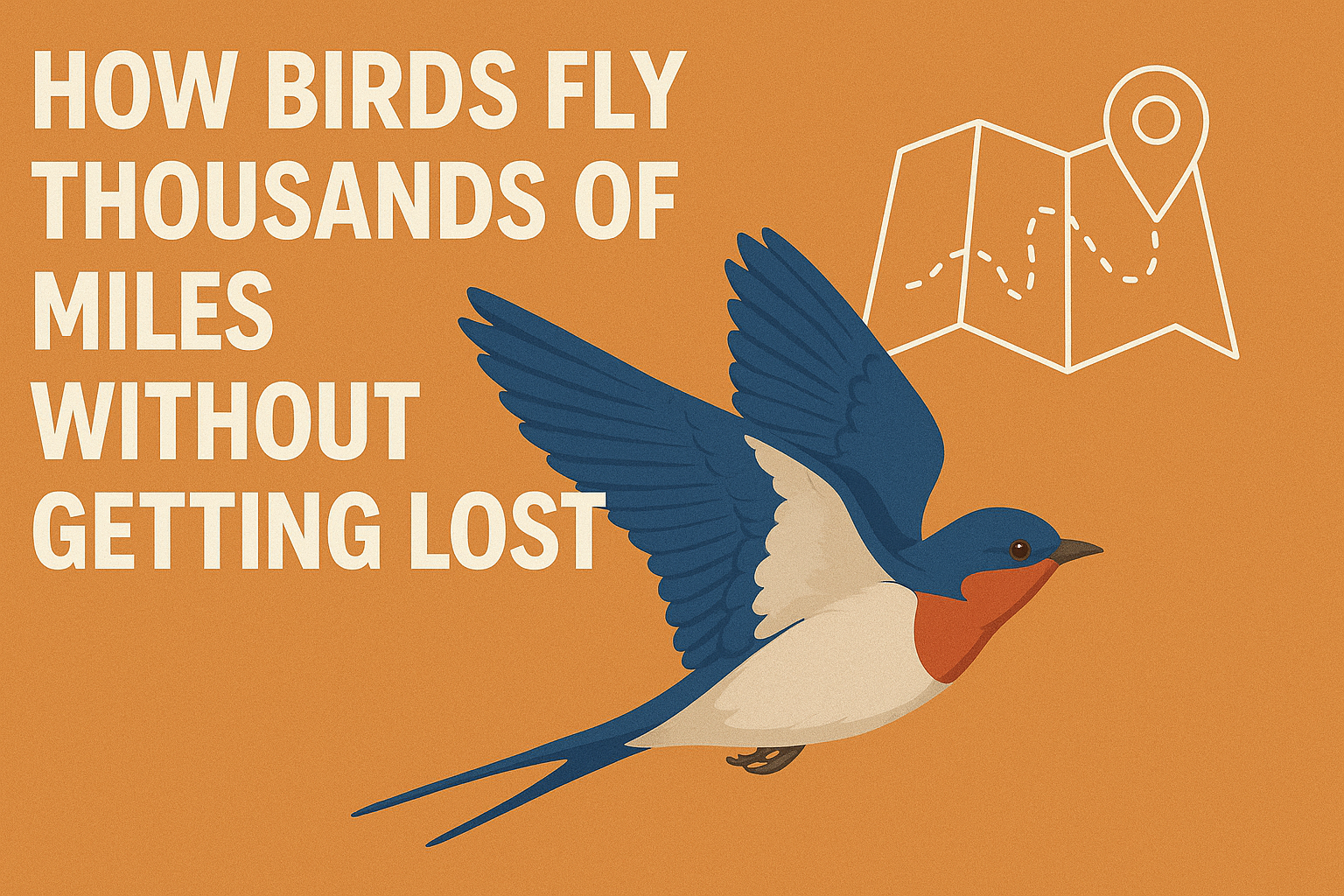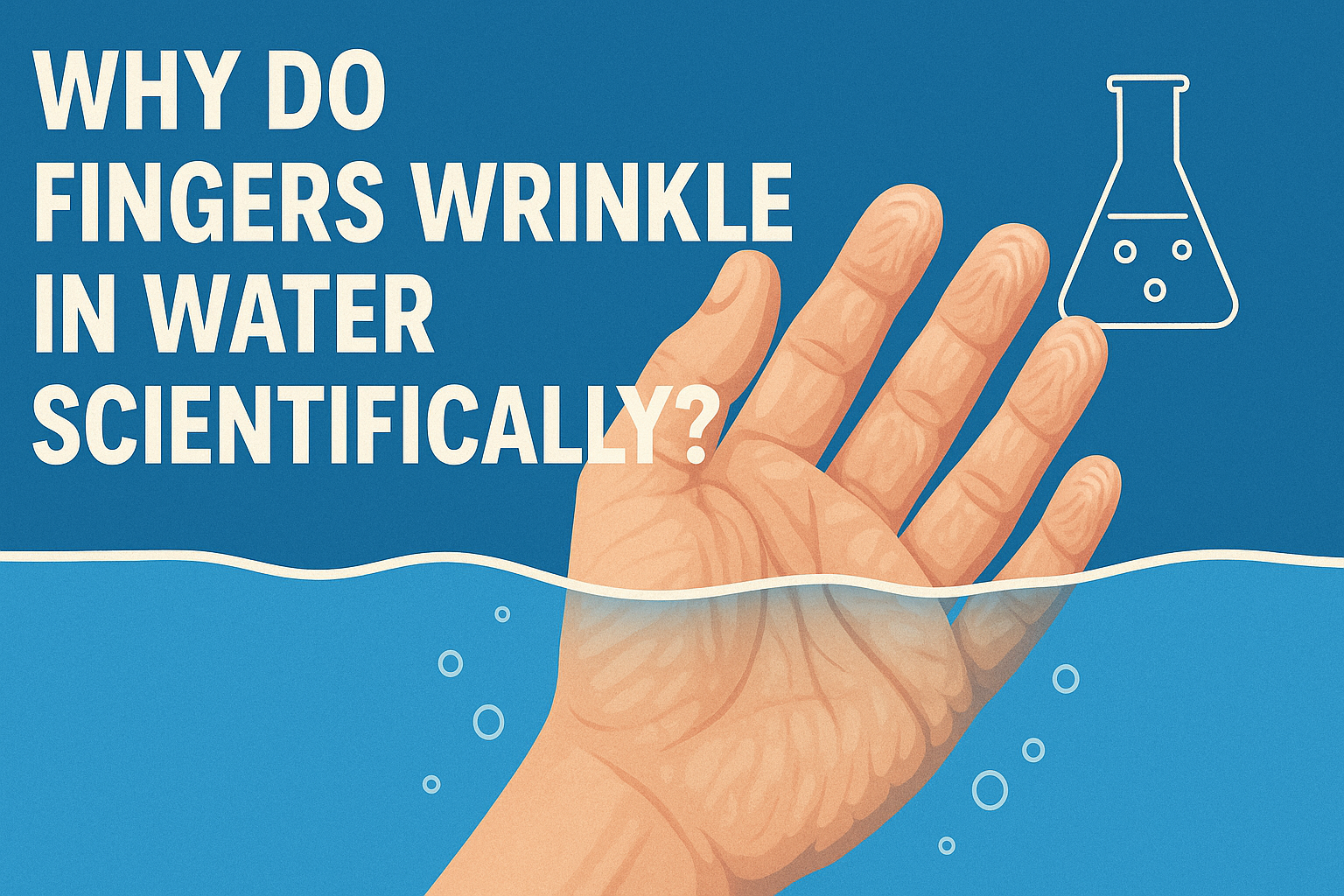Introduction
We on a daily basis look in the mirror at least dozens of times without even thinking. The mirror is no special tool more than anything we use in brushing our teeth or even going through our dress code. However, what seems to be a normal thing is something that may be doing much more to your mind than you think it is doing. Mirrors are a way of cheating your brain- the way you look, think and even feel. The special effect that mirrors have on the human perception has been a topic of research in the fields of science and psychology long enough and the outcomes are not very straightforward.
The Brain’s Struggle With Reversed Images
Revered imagery is one of the least complicated ways, in which mirrors mislead the brain. When you face a mirror your image appears upside down. This is not what other people think about you nor how you look through pictures. You should think that your mirror image becomes familiar to you since you look at it daily. However, the moment you look at your actual, non-reflection face in a photo you may think that something does not seem to be right. This response is termed as mere-exposure effect in which individuals would like what they are most familiar with. You are more used to your reflection being flipped, because it is not your real face even though it may seem more natural.
Mirror Reflections and Body Dysmorphia
In the case of others, mirrors have been known to have high levels of distortions of self-image leading to mental disorders such as Body Dysmorphic Disorder (BDD). Those affected by BDD have the tendency of having to be obsessed by the assumed beauty defects. Their brains may blow such flaws out of proportion, when the individuals look in the mirror. This hallucination does not only concern the physical beauty, it is a matter of the way in which a brain perceives an image. The anxiety, depression and self esteem problems may be aggravated by the never ending pressure of examination in the mirrors. Interestingly, individuals with BDD can either find consolation in a mirror or they could have nothing to do with it based on the perception the mind will have of what it sees.
The Consciousness and the Mirror Self- Recognition Test
Human beings are not the only ones who are psychologically strong based on mirrors. It is in fact that mirror self-recognition test is applied by scientists when they want to prove on animals whether they are self-aware or not. In case when an animal can recognize itself in the mirror, touching a mark on its face, it is regarded as some indicator of the level of consciousness. This has been passed by elephants, dolphins, great apes and some birds. Humans start to know themselves in the mirrors at the age of 18-24 months. This achievement is not only associated with the visual realization but with the inner self realization. When you look in the mirror therefore, you are not seeing an image- your brain is connecting in a very complex process to the same image and relating it to who you are.
The Mirror Illusion: What Happens in Low Light
Schmidt and Darling are quite clear about this one: have you ever stood in a dimly lighted room looking yourself too long in a mirror? You may have seen the image of yourself begin to distort, your face bends, your eyes move or some twisted version of yourself begins to show. This is referred to as strange-face illusion and it is a phenomenon in psychology. It occurs when your mind gets cluttered by the interpretation of images when the lights are not favorable. Gaps are filled in by your brain and they tend to recall images that you remember or you imagine them which creates weird distortions. Such an illusion shows that your brain does not always tell you the truth at least when you are reading mirrors.
Mirror Therapy – A Mind Body Tool
Mirrors do not always have to be deceiving, it is also therapeutic. The mirror therapy is a method which can be helpful in treating the phantom limb pain among amputees and the recovery of the stroke patient. In this treatment, the patients indulge in movements, as they are in front of the mirror in order to make the brain believe that the missing or paralyzed limb is continuing to work. The mirror generates a visual stimulus that brings to life parts of the brain responsible in movement and sensation. This demonstrates the strength of visual feedback by using mirrors, not only in regard to constructing a self-image, but also in regenerating of a body.
The Effect and Overloading of Perception Mirror Room
It is possible to get dizzy particularly after taking a step inside a room with mirrors all around as in a fun house or maybe in an artwork. This is because there are several reflections that play havoc with the capability of your brain to comprehend space relations. The mirror maze also causes visual overload because your brain is attempting to differentiate between actual objects and image of that object. This interference with depth perception may upset your sense of balance resulting in even a slight feeling of vertigo. The experience tells us about the how weak our spatial awareness is when we are put against reflective situations.
Why Your Voice Sounds Different in Recordings and Mirrors Don’t Help?
Once, most of the individuals will be shocked by the way that their voice represents in recording. Although this may not have anything to do with mirrors, this is also a case of skewed self-image. Whenever you articulate a voice it is not only the outside hearing but the inner as well as an external vibration of your skull. However, recording takes place of the outside sound. Mirrors perform the same role on your face, they show an inverted and frequently lit up or distorted form of you. Neither the reflection in the mirror nor the microphone presents a complete impression of what you are and yet your brain continues to cling to the familiar image.
Superstitious and cultural Mirror Beliefs
Mirrors have been enveloped in myths and superstitions throughout the history. Mirrors in the cultures in most countries are known to reflect not only appearances but also souls. The beliefs that mirrors are likely to trap spirits or that the breaking of a mirror would lead to seven years of badluck indicate how much of a psychological effect has occurred to the human with regards to mirrors. Such beliefs can be based on the awkwardness or the unknowingness that the people experience when they look at their own mirror-image-when there is silence or alone-ness. It is the other testimony of how mirrors can simulate more than sense of sight, they ignite imagination, fear and meaning.
Conclusion: Something more than just a Reflection
Mirrors are by no way inert objects. They provide tests to your brain, play with your perception, and affect your emotional condition and to a larger degree than you would tend to believe. The effectiveness of a mirror goes past the glass and that is why it is found in everything including neurological confusion, self-perception, self-image, as well as healing methods. Whenever you look into mirror, you are experiencing a highly complicated mechanism the process that makes use of memory, perception, psychology, and consciousness. therefore, the next time you see your reflection, keep in mind that, this is not only your face that you are seeing, but an active mind as well.




